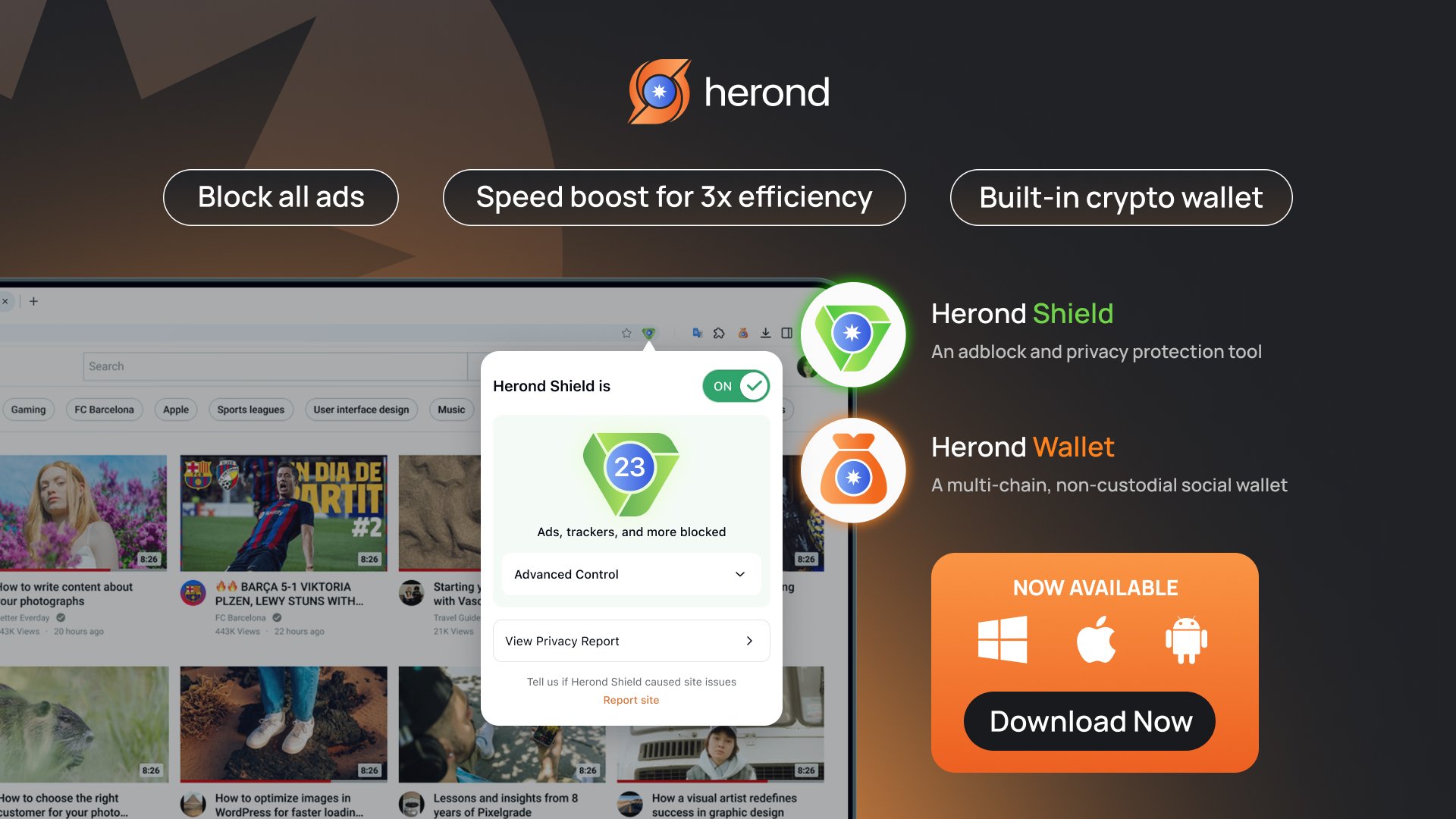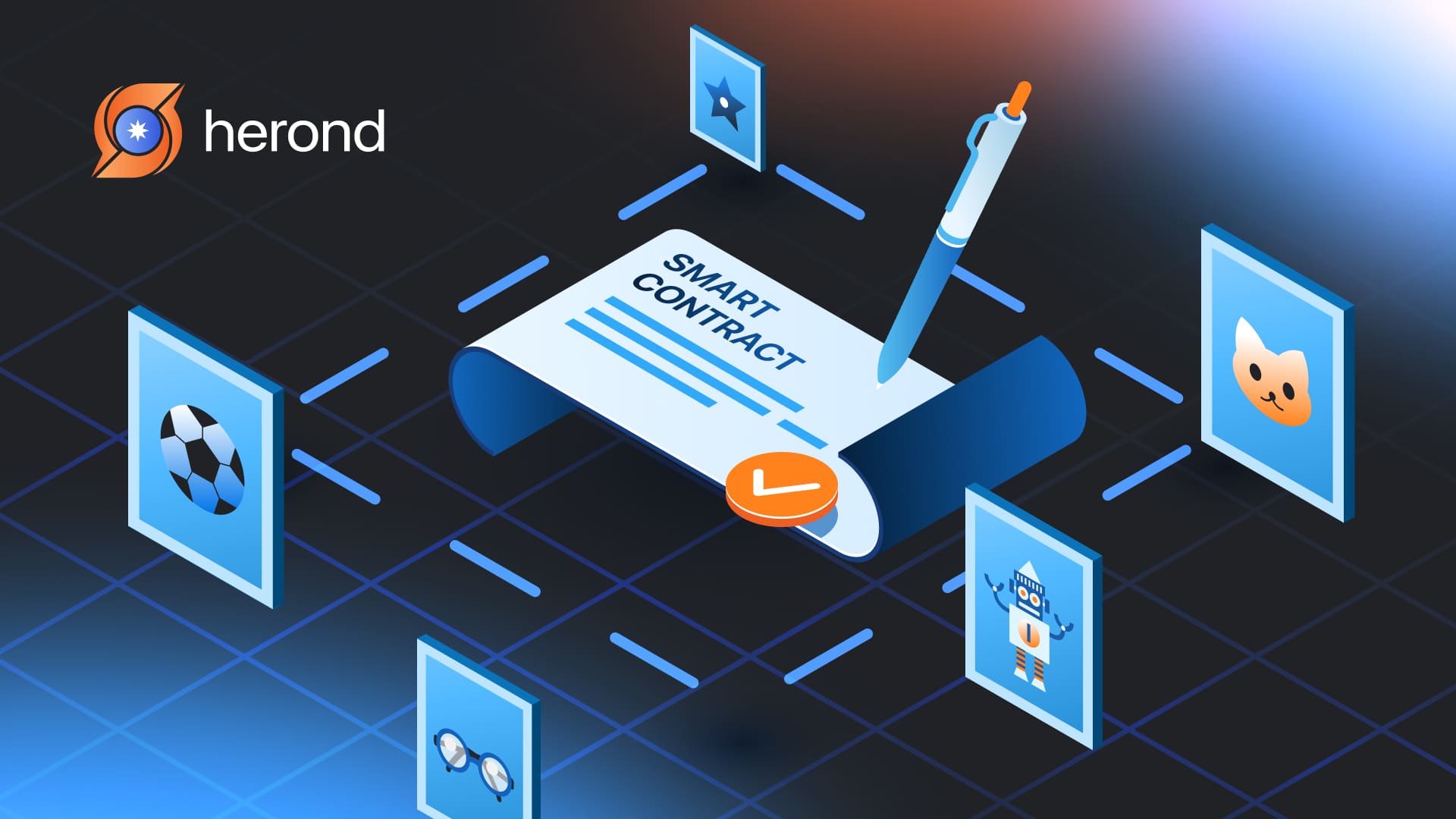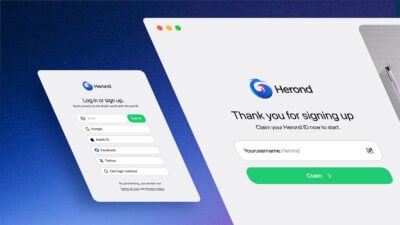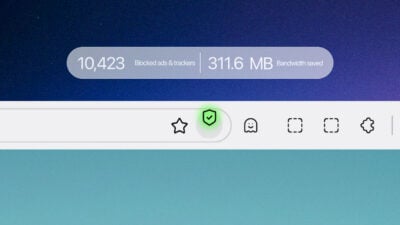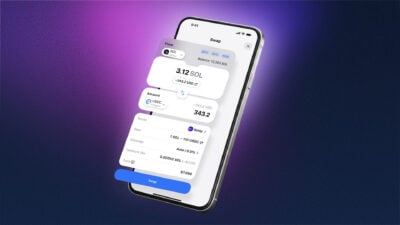In the rapidly evolving world of digital assets, Non-Fungible Tokens (NFTs) have emerged as a revolutionary force, transforming how we buy, sell, and interact with art, collectibles, and virtual goods. At the core of this transformation lies the technology of smart contracts, which serve as the backbone for executing and managing NFT transactions on blockchain networks.
Smart contracts not only automate and secure the process but also enhance transparency and trust among participants. This article will discuss how to effectively utilize the NFT smart contract, highlighting its benefits, implementation strategies, and the role it plays in shaping the future of digital ownership. Whether you’re an artist looking to sell your work or a collector eager to invest in unique digital assets, understanding smart contracts is essential for navigating the NFT marketplace efficiently.
NFT Smart Contract Meaning

NFT smart contracts are self-executing contracts with the terms of the agreement directly written into code on a blockchain. They facilitate the creation, transfer, and management of Non-Fungible Tokens (NFTs) without the need for intermediaries.
Benefits of Using NFT Smart Contract
Using NFT smart contracts offers several significant benefits that enhance the creation, transaction, and management of Non-Fungible Tokens (NFTs). Here are the key advantages:
Automation and Efficiency
- Self-Executing: Smart contracts automatically execute transactions when predetermined conditions are met, reducing the need for intermediaries and manual processes.
- Speed: Transactions occur faster compared to traditional methods, as the verification and execution happen in real time on the blockchain.
Security
- Immutable Records: Once deployed, smart contracts cannot be altered, ensuring that the terms of the contract remain intact and tamper-proof.
- Decentralization: Operating on a decentralized blockchain minimizes the risk of hacks and fraud, as there is no central point of failure.
Ownership Verification
- Unique Identification: Each NFT is unique and verified through its smart contract, which contains metadata that specifies its characteristics and ownership.
- Provenance Tracking: Smart contracts maintain a transparent history of the NFT’s creation and transfers, enhancing trust in the asset’s authenticity.
Customizability
- Tailored Solutions: Smart contracts can be customized to include specific features and conditions tailored to different use cases, enhancing their functionality and user experience.
- Complex Logic: They can incorporate complex logic for different types of NFTs, accommodating unique requirements for gaming, art, music, and more.
Cost Reduction
- Lower Transaction Fees: By eliminating intermediaries, smart contracts can reduce transaction fees associated with buying, selling, and transferring NFTs.
- Reduced Administrative Costs: The automation of processes reduces the need for administrative tasks, lowering overall operational costs.
How to Create and Implement NFT Smart Contract

Creating and implementing an NFT smart contract involves several steps, from writing the code to deploying it on a blockchain. Below is a step-by-step guide to help you through the process:
Step 1: Set Up Your Development Environment
- Choose a Blockchain Platform: Most NFTs are created on the Ethereum blockchain, but you can also use others like Binance Smart Chain, Flow, or Polygon. For this guide, we will focus on Ethereum.
- Install Node.js: Download and install Node.js, which is necessary for using development tools like Truffle and Hardhat.
- Install Truffle or Hardhat
- Set Up a New Project: Create a new directory for your project and navigate into it. Then, run truffle init (for Truffle) or npx hardhat (for Hardhat) to initialize your project.
Step 2: Write the Smart Contract
- Create the Contract File: In your project directory, create a new file under contracts/ (e.g., MyNFT.sol).
- Write the Smart Contract Code: Use Solidity (the programming language for Ethereum smart contracts) to write your NFT smart contract.
Step 3: Compile the Smart Contract
- Compile Your Contract: In the terminal, run truffle compile (for Truffle) or npx hardhat compile (for Hardhat) to compile your smart contract. This step will check for errors and prepare the contract for deployment.
Step 4: Deploy the Smart Contract
- Create a Migration Script (for Truffle)
- Configure Network Settings
- Deploy to the Blockchain
Step 5: Interact with Your Smart Contract
- Use Web3.js or Ethers.js: Integrate Web3.js or Ethers.js in your frontend application to interact with your smart contract.
- Minting NFTs: Call the mintNFT function to create new NFTs. You can set up a frontend interface that allows users to input their wallet address and trigger the minting process.
Step 6: Test Your Smart Contract
- Write Test Cases: Create a test/ directory and write test cases using Mocha/Chai to verify the functionality of your smart contract.
- Run Tests: Run truffle test (for Truffle) or npx hardhat test (for Hardhat) to execute your tests and ensure everything works as expected.
Step 7: Monitor and Maintain Your Smart Contract
- Monitor Transactions: Use tools like Etherscan to monitor transactions involving your NFT smart contract.
- Update and Improve: Based on user feedback and performance, consider making updates or optimizations to your smart contract as needed.
Future of NFT Smart Contract

The future of NFT smart contracts holds exciting possibilities as they continue to evolve and reshape various industries. Here are some key trends and predictions for the future of NFT smart contracts:
Improved User Experience
- Simplified Minting and Trading: Future developments will focus on simplifying the minting and trading processes for users, making it easier for creators and collectors to engage with NFTs without requiring extensive technical knowledge.
- Enhanced Wallet Integration: As wallets become more user-friendly, integrating NFT functionalities will allow users to manage and interact with their NFT assets seamlessly.
Integration with the Metaverse
- Virtual Real Estate and Assets: As the metaverse expands, NFT smart contracts will play a crucial role in the buying, selling, and leasing of virtual real estate and assets within these digital environments.
- Social and Gaming Experiences: NFTs tied to virtual experiences, in-game assets, and social interactions will become more prevalent, allowing users to have ownership and trade digital goods seamlessly.
Interoperability Across Platforms
- Cross-Chain Compatibility: Future NFT smart contracts are likely to support interoperability across different blockchain platforms, allowing NFTs to be bought, sold, and utilized in various ecosystems. This will enable seamless transactions and enhance user experience.
- Unified Marketplaces: As more platforms adopt standard protocols, we may see the emergence of marketplaces that allow users to trade NFTs from multiple blockchains, increasing liquidity and exposure.
Conclusion
In conclusion, smart contracts are pivotal in revolutionizing how NFT transactions are conducted, offering automation, security, and transparency that traditional methods cannot match. By leveraging the power of smart contracts, creators and collectors can streamline their interactions, ensure the integrity of ownership, and facilitate seamless transactions in the dynamic NFT marketplace. As the landscape of digital assets continues to evolve, understanding and effectively utilizing smart contracts will be crucial for anyone looking to thrive in this space. Embracing this technology not only empowers artists and collectors but also fosters a more efficient and trustworthy ecosystem for all participants.
About Herond Browser
Herond Browser is a Web browser that prioritizes users’ privacy by blocking ads and cookie trackers, while offering fast browsing speed and low bandwidth consumption. Herond Browser features two built-in key products:
- Herond Shield: an adblock and privacy protection tool;
- Herond Wallet: a multi-chain, non-custodial social wallet.
Herond aims at becoming the ultimate Web 3.0 solution, heading towards the future of mass adoption. Herond has now released the mobile version on CH Play and App Store. Join our Community!
